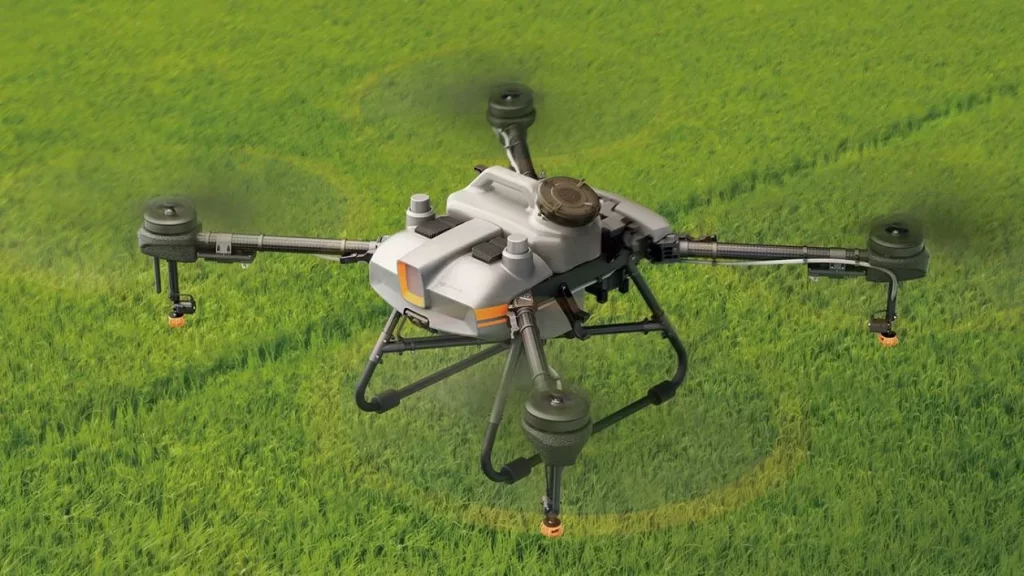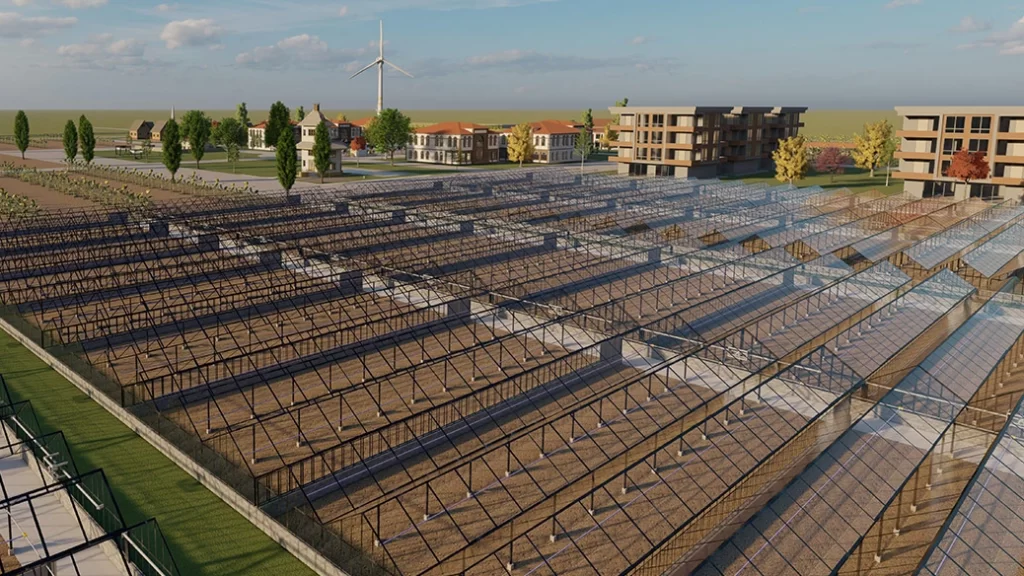Smart Farming in Turkey: How Technology is Revolutionizing Agriculture
In recent years, Turkey has taken significant steps toward modernizing its agriculture sector by integrating smart farming technologies. As one of the world’s largest producers of fruits, vegetables, and nuts, Turkey’s agricultural output plays a crucial role in its economy. However, challenges such as climate change, water scarcity, and the need for increased productivity have pushed the sector to seek innovative solutions. This article explores how Turkey is leveraging smart farming technologies to boost both productivity and sustainability in its agriculture industry.
The Importance of Agriculture in Turkey
Agriculture has always been a cornerstone of Turkey’s economy, employing a substantial portion of the population and contributing significantly to the country’s GDP. However, traditional farming methods are increasingly proving insufficient to meet the demands of modern markets and sustainability goals. The need for more efficient resource management, better crop yields, and reduced environmental impact has led Turkey to embrace new technologies.
Smart farming, or digital agriculture, refers to the use of advanced technologies such as sensors, drones, artificial intelligence (AI), and data analytics to optimize farming practices. By integrating these tools into agricultural processes, farmers can make more informed decisions, reduce waste, and ultimately increase efficiency.

How Smart Technologies Are Transforming Turkish Agriculture
Precision Farming with Sensors and Drones
One of the most impactful innovations in Turkish agriculture is precision farming, which allows farmers to monitor and manage their crops with pinpoint accuracy. Sensors placed in fields collect real-time data on soil moisture, temperature, and nutrient levels. This data is then analyzed to determine the exact needs of crops, reducing overwatering and minimizing the use of fertilizers and pesticides.
Drones are also being used to survey large agricultural areas, providing high-resolution images that help farmers detect issues such as pest infestations or plant diseases early on. This allows for timely interventions, reducing crop losses and improving overall productivity. In Turkey, these technologies are especially useful in regions where water conservation is critical, as they help optimize irrigation systems to use just the right amount of water.
AI and Data Analytics for Improved Decision Making
Artificial intelligence and data analytics are playing a pivotal role in helping Turkish farmers make better decisions. By analyzing historical weather patterns, soil conditions, and crop performance, AI-powered systems can predict the best planting and harvesting times, as well as suggest the most suitable crop varieties for specific regions.
For instance, smart farming platforms use AI to provide tailored advice to farmers, helping them manage their resources more efficiently. These systems can forecast weather changes, predict market demand, and even recommend the best times to apply water or fertilizer. This level of precision leads to higher crop yields, reduced costs, and a more sustainable use of resources.
Automated Machinery and Robotics
Another key element of smart farming in Turkey is the use of automated machinery. Tractors equipped with GPS and AI-powered systems can perform tasks such as planting, fertilizing, and harvesting with minimal human intervention. This not only increases efficiency but also helps address the labor shortage in rural areas.
Robotic systems are being developed to perform tasks like fruit picking or weeding, reducing the need for manual labor and increasing the speed and accuracy of agricultural processes. These technologies are particularly beneficial in Turkey’s fruit-growing regions, where labor shortages have been a long-standing issue.

The Sustainability Aspect
Smart farming technologies also align with Turkey’s sustainability goals. By using resources more efficiently—such as water, fertilizers, and pesticides—farmers can reduce their environmental footprint while maintaining high levels of productivity. Moreover, by collecting data on climate conditions, farmers can better adapt to the effects of climate change, ensuring long-term food security.
Turkey’s government has also shown strong support for the adoption of smart farming technologies, offering incentives and subsidies to encourage farmers to embrace these innovations. With the continued integration of technology, Turkey is positioning itself as a leader in sustainable agriculture in the region.
Revolutionizing agriculture in Turkey
Smart farming technologies are revolutionizing agriculture in Turkey, offering solutions to some of the sector’s most pressing challenges. By integrating sensors, drones, AI, and automated machinery, Turkish farmers are not only improving productivity but also moving towards more sustainable practices. As these technologies become more widespread, Turkey’s agricultural sector is set to become more resilient, efficient, and environmentally friendly, ensuring its role as a key player in global food production.
Trend Article: Business Opportunities in Turkey 2024















